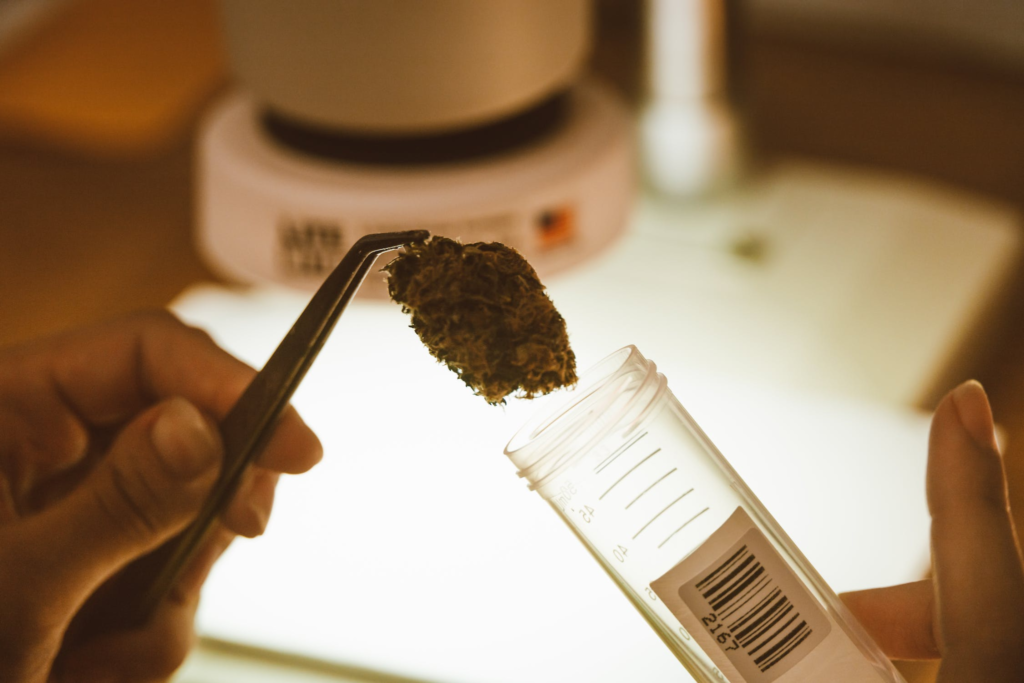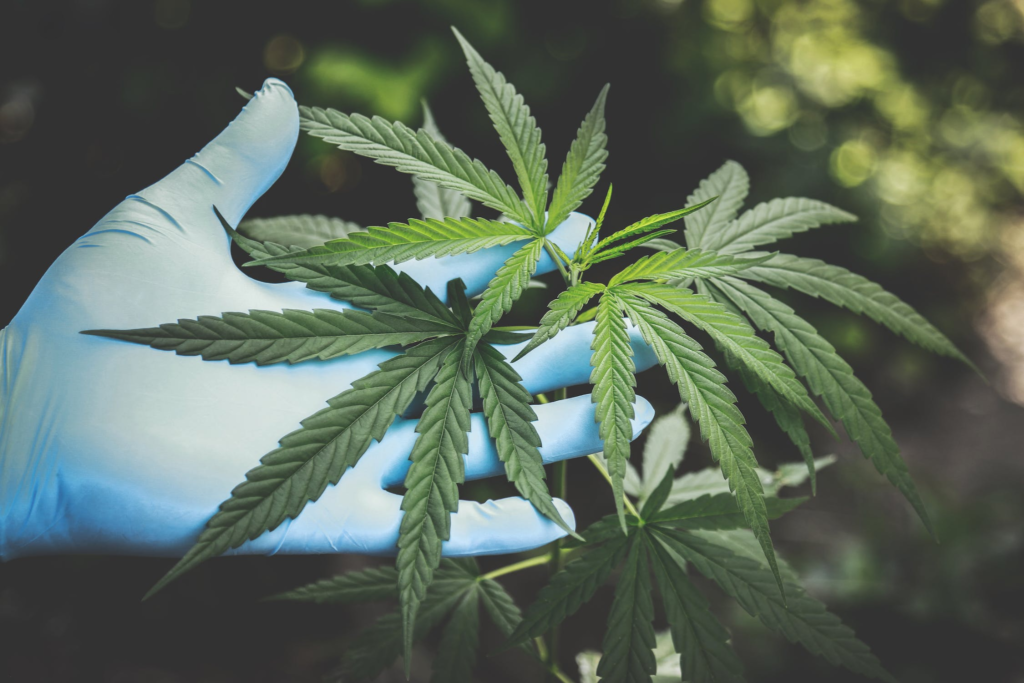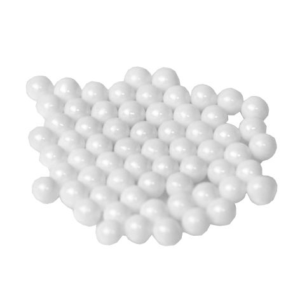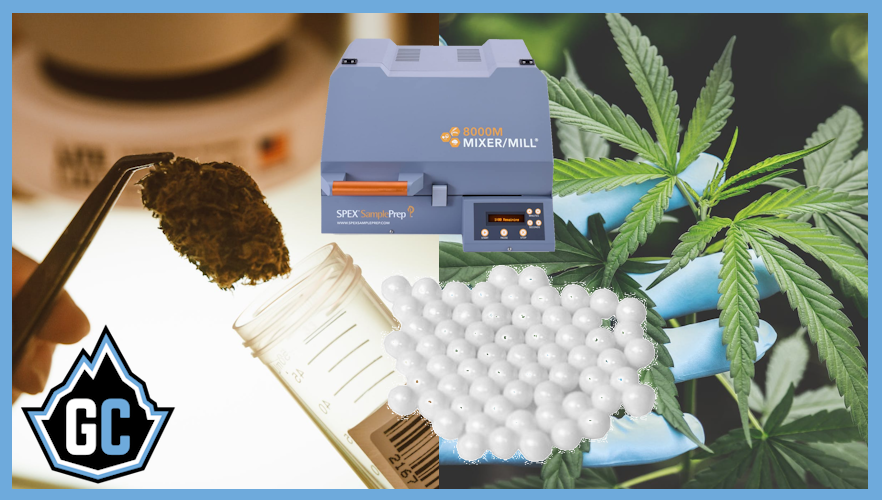The Ball Problem – Viridis Labs Yields Unfair Results
In the complex world of cannabis testing and regulation, the legal battle between Viridis Laboratories and Viridis North, two of Michigan’s most substantial cannabis testing labs, and the Michigan Cannabis Regulatory Agency (CRA) has been closely watched. The controversy pivots around an arcane yet crucial technical detail, often referred to as the ‘ball problem,’ which has significant implications for the potency levels reported in cannabis products.

Let’s rewind to 2021, when this issue first arose. Viridis found itself in the throes of a massive product recall involving over 64,000 pounds of cannabis products. The CRA alleged that the company had been inflating the THC content in the cannabis products they were testing, leading to the recall.
The contentious ‘ball problem’ lies at the heart of these allegations. The issue refers to a technical aspect of the testing process: the use of ceramic balls in the grinding of cannabis samples before cannabinoid extraction. Over time, these balls accumulate THC from the multitude of samples processed, and when a single 10% sample from a new batch is tested, the accumulated THC from the balls can artificially inflate the sample’s THC potency results.
Sponsored Content

For the average consumer, imagine you’re making a cake where the recipe calls for one teaspoon of sugar. But instead of using a fresh teaspoon, you use a teaspoon coated with the sugar remnants from all the cakes you’ve baked previously that day. The result? An excessively sweet cake that’s far from the original recipe.
Furthermore, the dynamics of this situation are complicated by the presence of former law enforcement officers (LEOs) within the regulatory body. There are concerns about the possible influence of their past experiences and biases on their regulatory decisions. The concern is whether the former LEOs might carry an intrinsic bias against the cannabis industry, given the substance’s historical criminalization.


Machines like this containing ceramic beads are used to pulverize the cannabis material for testing
In the midst of these allegations, Viridis has accused the CRA of retaliation, asserting that the agency is using the situation to manipulate market dynamics and favor its competitors. Their market share, which stood at 60% at the time of the recall, has been under significant threat.
The Viridis saga has put a spotlight on the growing need for accurate, reliable testing methods in the cannabis industry. Given that consumers heavily value THC potency as an indicator of quality, it’s paramount for the scientific integrity of the testing methods to be upheld.

Simultaneously, regulatory bodies like the CRA are grappling with the dual challenges of maintaining transparency in their processes and ensuring scientific accuracy in a rapidly changing market. The task is proving to be a challenging tightrope walk, as highlighted by the ongoing case.
The unfolding drama around the ‘ball problem’ provides invaluable insights into the challenges and intricacies of cannabis regulation. The case underscores the urgency for accuracy in testing methods, transparent regulatory practices, and the unique challenges faced by an industry in rapid expansion. The Viridis / Viridis North case is a potent reminder of the importance of precision and transparency in the intersection of science and regulation, offering lessons for both regulators and industry players.
Note: This news was originally written and posted in Summer 2023. Look for an update to this story soon.


